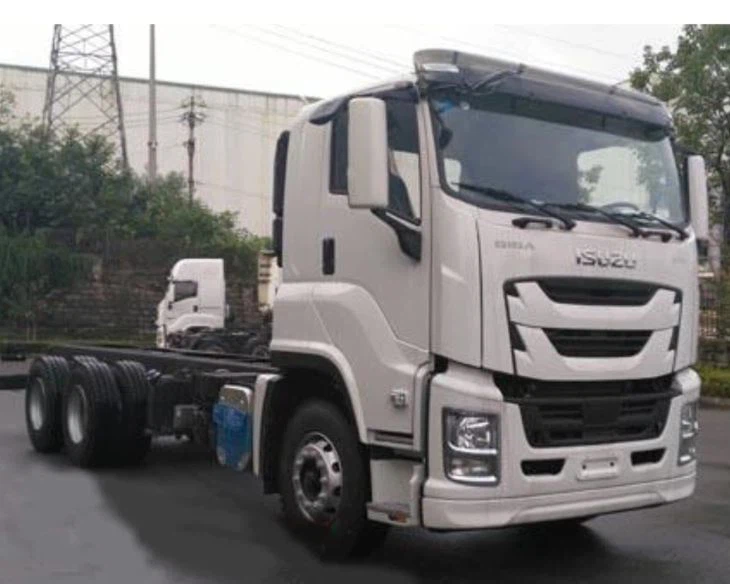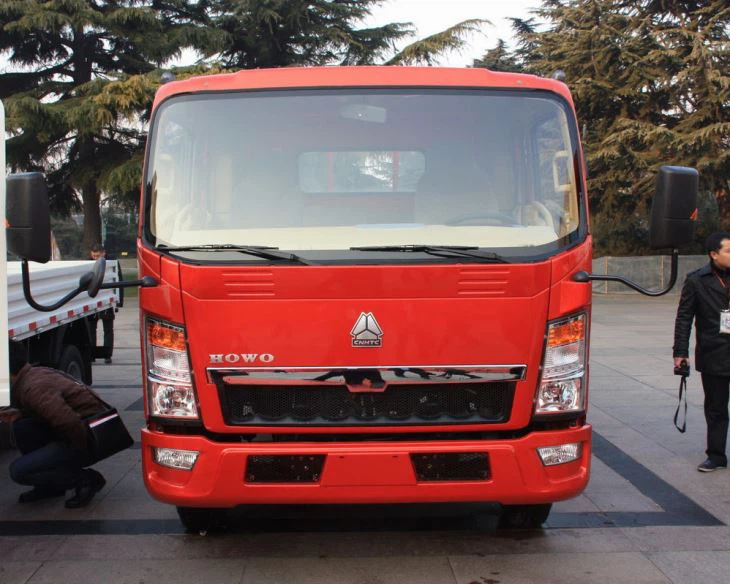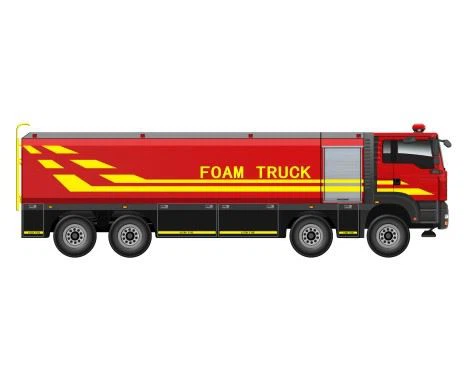The construction industry relies heavily on robust and reliable vehicles that can withstand the rigors of tough job sites. If you’re in the market for construction trucks for sale, this article will guide you through various aspects, including types of trucks, factors to consider while purchasing, top brands, and tips for maintenance. Whether you are a contractor, a company owner, or a private buyer, understanding your options will help you make an informed decision.
Understanding Construction Trucks
Construction trucks are specialized vehicles designed to transport materials, tools, and equipment over rough terrains. They play a crucial role in nearly every construction project, from residential buildings to large infrastructure projects. Understanding the different types of construction trucks available in the market is essential for selecting the right one for your needs.
Types of Construction Trucks
| Type of Truck | Description | Best Used For |
|---|---|---|
| Dump Trucks | Used for transporting bulk materials, featuring an open-top rear that can be dumped. | Hauling dirt, gravel, or debris. |
| Flatbed Trucks | Trucks with an open bed for transporting large and heavy objects. | Carrying machinery, construction materials, or oversized equipment. |
| Concrete Mixing Trucks | Equipped with a revolving drum to mix concrete on the go. | Delivering fresh concrete to construction sites. |
| Crane Trucks | Trucks that come with a crane for lifting heavy loads. | Moving heavy equipment or materials vertically. |
| Water Trucks | Used for spraying water to control dust or for other applications. | Site preparation and maintenance. |
Factors to Consider When Buying Construction Trucks
Budget
Establishing a budget is crucial, as construction trucks come in a wide range of prices. From pre-owned options to brand-new models, it’s important to know what you can afford.
Load Capacity
The load capacity of a construction truck is key to ensuring it can handle your specific payload requirements. Different projects may require different capacities, so always verify the specs before making a purchase.
Fuel Type
Most construction trucks run on diesel fuel due to its higher energy density, which provides better fuel efficiency and power. However, some trucks may operate on gasoline or alternative fuels. Choose based on availability and cost-effectiveness in your region.
Transmission Type
Transmission options generally include automatic and manual configurations. Your choice will depend on driver preference and the specific demands of your operations.
Popular Brands of Construction Trucks
Caterpillar
Caterpillar, known for its heavy machinery, offers a wide range of trucks that are durable and reliable. Their models are often favored for their efficiency and higher resale value.
Ford
Ford trucks are known for their performance and versatility. Their F-Series, including the F-550 and F-750 models, are commonly used in construction settings due to their strong build quality.
Chevrolet
Chevrolet provides a range of trucks suited for construction, with the Silverado series being a popular choice. They offer an array of configurations for whatever project needs you might have.

Where to Find Construction Trucks for Sale
Online Marketplaces
Websites such as eBay, TruckPaper, and CommercialTruckTrader are popular platforms where you can find new and used construction trucks for sale.
Local Dealerships
Visiting local dealerships specializing in heavy-duty vehicles may reveal options that online searches do not, including potential financing and warranty offers.
Auction Houses
Construction trucks often go to auction when companies upgrade their fleets. Websites like Grundy’s and Ritchie Bros. are worth checking for upcoming auctions.
Tips for Inspecting Used Construction Trucks
Physical Inspection
When buying used trucks, perform a thorough physical inspection. Check the body for signs of rust, damage, or poor repairs.
Maintenance Records
Request maintenance records to understand the truck’s history, including routine services and any accidents it may have been involved in.
Test Drive
A test drive will provide insights into its performance, handling, and comfort. Pay attention to any unusual noises or warning lights on the dashboard.
Maintenance Tips for Construction Trucks
Regular Servicing
Schedule regular servicing to ensure longevity and optimal performance. This includes oil changes, fluid checks, brake inspections, and tire rotations.

Cleaning
Keep the truck clean, especially the undercarriage, to prevent rust and corrosion from road salt and debris.
Monitor Tire Condition
Regularly check tire pressure and tread depth, as tires are crucial for safety and handling on rough terrains.
Financing Your Purchase
Options for Financing
Various financing options are available for purchasing construction trucks, including loans, leasing, and financing through the dealership. Compare interest rates and terms to find the best fit for your budget.
Government Programs
Check if there are any local or federal programs designed to assist construction businesses with financing and grants. Some programs may offer reduced rates or incentives for energy-efficient models.

FAQs About Construction Trucks for Sale
1. What should I look for when buying a used construction truck?
Inspect the truck’s physical condition, request maintenance records, and take it for a test drive to ensure it performs well.
2. How do I determine the right load capacity for my needs?
Assess the materials you will be transporting; consider weight and volume, and choose a truck rated to handle that load comfortably.
3. Are diesel trucks more expensive to maintain than gasoline trucks?
Diesel trucks can be more expensive initially, but they often provide better fuel efficiency and longevity, which can reduce long-term costs.
4. Can I finance a used construction truck?
Yes, many banks, credit unions, and dealerships offer financing for used construction trucks.
5. How often should I service my construction truck?
It’s advised to service your truck regularly, ideally every 5,000 miles, or as stated in the manufacturer’s maintenance schedule.
6. What are the benefits of buying from a dealership versus a private seller?
Buying from a dealership often provides warranties, financing options, and a guarantee of quality, while private sellers may offer lower prices but fewer assurances.